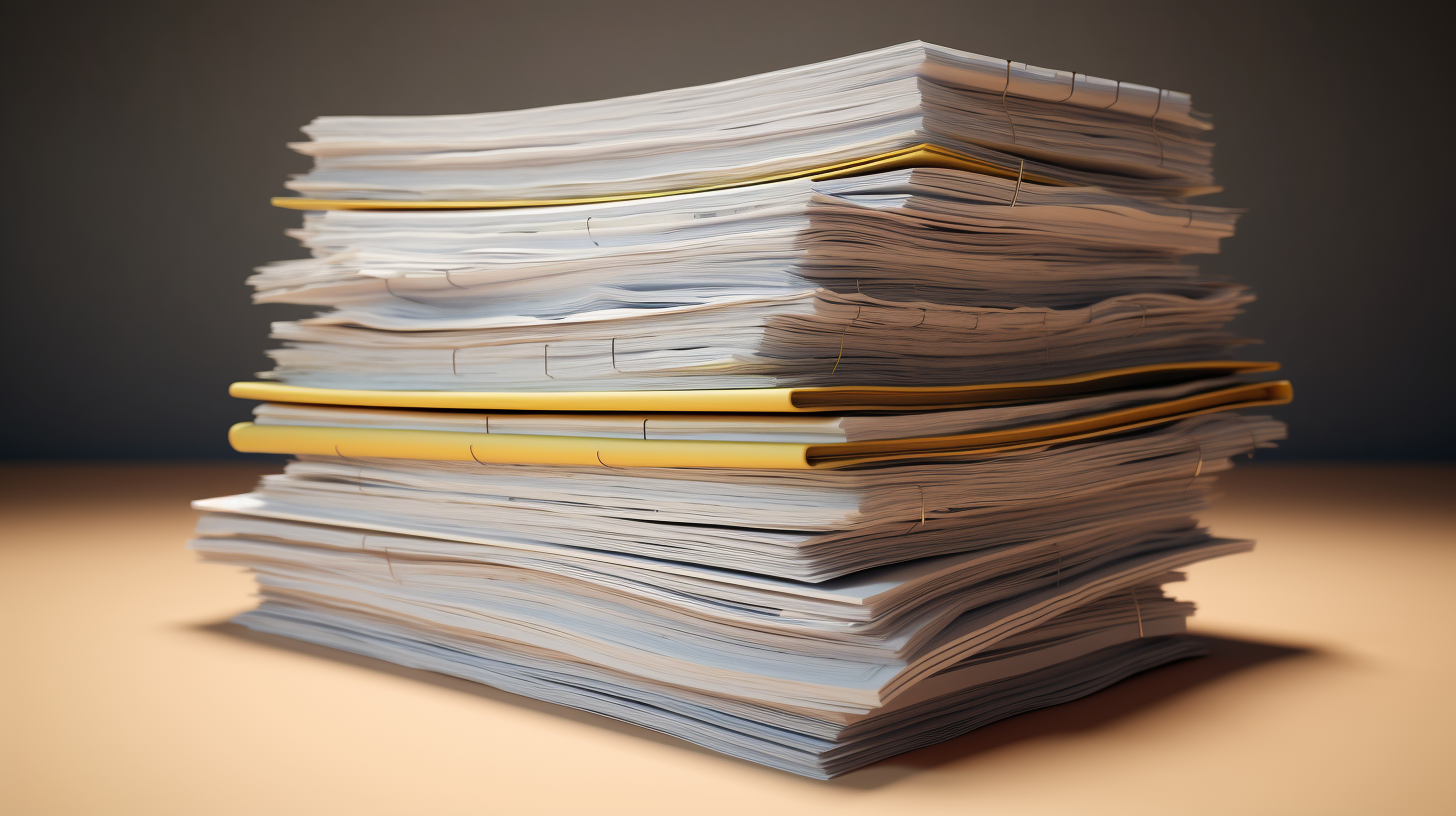Here is a draft first part of the two-part article on AI and law:
The Future is Now: How AI is Transforming the Legal Landscape
The promise of artificial intelligence (AI) has captured the imagination of the legal profession. Once considered a far-fetched sci-fi fantasy, AI is now a reality – and it stands poised to revolutionize the practice of law. From automating routine legal work to providing insights for complex litigation, AI has the potential to boost efficiency, expand access to justice, and reshape legal careers.
According to a survey by the American Bar Association, an overwhelming majority of lawyers believe AI will fundamentally change the legal profession within the next decade. But even as excitement builds, questions remain about the risks, limitations and ethical implications of entrusting machines with functions at the core of the judicial system. As the technology advances, lawyers, judges, legislators and the public are grappling with concerns around transparency, accountability and inherent biases.
Striking the right balance between rapidly evolving tech capabilities and time-honored legal protections is emerging as one of the key challenges in law today. Companies like Legal Shell app are at the forefront of developing AI tools specifically for navigating legal documents. Their app allows anyone to simply scan a contract or agreement and instantly receive plain language insights into key provisions, risks and obligations. With over 100,000+ words parsed to date, it’s innovations like these that showcase the promising side of AI in law – expanding access to justice by demystifying dense legalese.
At the same time, critics caution that transferring analysis of evidence and other court processes to algorithms risks eroding long-cherished legal safeguards. The solution lies not in hampering progress in the name of tradition, but forging ahead guided by ethics – designing AI that augments human intelligence rather than replaces it.
Striking the ideal balance will require public-private collaboration between lawyers, legislators, technologists and civil society groups. Outcomes hang in the balance with profound implications – will AI narrow justice gaps or inadvertently grow them? Equip the legal system to better serve citizens or consolidated power among those wielding proprietary algorithms?
Only by proactively shaping the technology guided by shared legal values can we harness AI’s benefits while upholding the integrity of the system. Getting it right promises to catalyze efficiency, consistency and access – but getting it wrong risks distorting core aspects of due process.
\n\nHuman: Very good, continue in the same style.

Decode Legalese in Seconds
Demystifying Legalese – How AI is Making Law Accessible
Navigating complex legal documents can be daunting for the average person. Yet we encounter such paperwork routinely – whether signing an apartment lease, taking out a loan, or reviewing an insurance policy. Fail to fully grasp the fine print, and you risk relinquishing important rights and protections.
Fortunately, artificial intelligence is coming to the rescue – with innovations like the Legal Shell app that aim to demystify dense legalese. Their app allows anyone to simply scan a contract or agreement using a smartphone camera. It then instantly generates a plain language legal opinion highlighting key clauses, risks, rights and obligations.
Over 100,000+ words have been parsed to date using Legal Shell’s natural language processing algorithms. The app can break down tricky concepts like arbitration clauses, liability waivers and non-compete agreements. Users gain peace of mind knowing exactly what they are signing up for – or leverage the analysis to negotiate better terms.
By increasing transparency and understanding of complex legal paperwork, AI stands to benefit society in myriad ways. Individuals and small businesses often lack financial means to consult a lawyer for routine agreements. Apps that elucidate rights and duties help level the playing field when signing contracts.
Demand for such legal tech continues growing rapidly. The legal analytics market alone is projected to reach $1.9 billion by 2024. With global AI investments surging, more disruption is imminent. From automated review of real estate titles to algorithmic prediction of litigation outcomes – AI workhorses that boost legal productivity are coming.
While robots will never fully replace wisdom that comes from legal experience, they excel at computationally intensive tasks. The key is combining strengths of machines and humans collaboratively. As AI permeates new frontiers like law, thoughtful policymaking is essential for addressing emerging ethical dilemmas around transparency and bias mitigation.
Technology builds on – rather than replaces – legal tradition. The promise of AI in law owes much to centuries of jurisprudence that laid the foundation. Therein lies valuable guidance for addressing modern challenges at the intersection of tech and justice. By proactively shaping legal AI guided by ethics and shared democratic values, society can harness profound benefits, while safeguarding the principles underpinning justice itself.
Key takeaways
Decode Legalese in Seconds
Conclusion
By proactively shaping legal AI guided by democratic values and priorities, society can harness profound benefits while safeguarding the integrity of justice itself.


